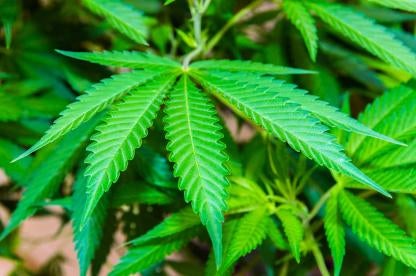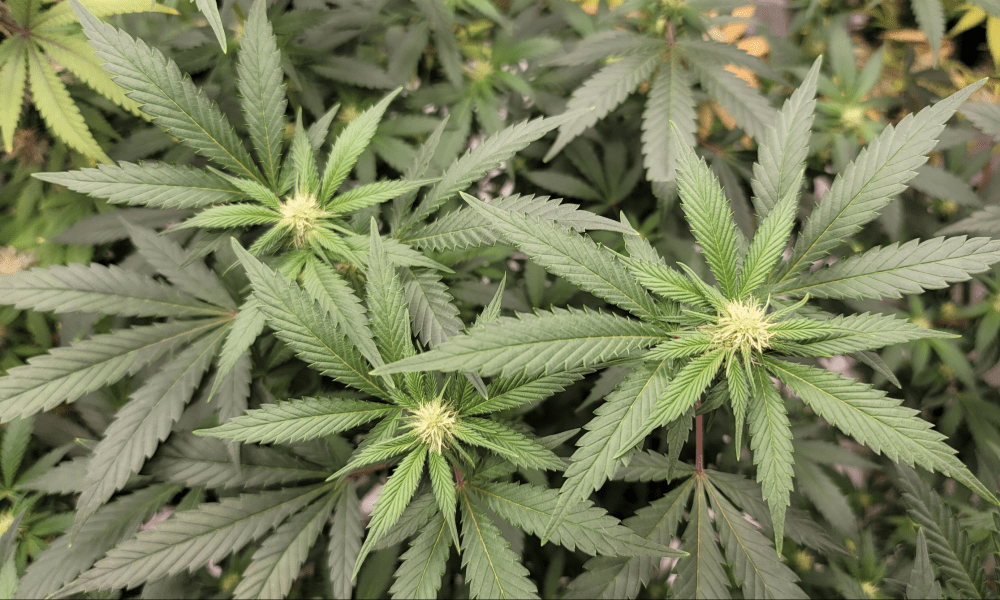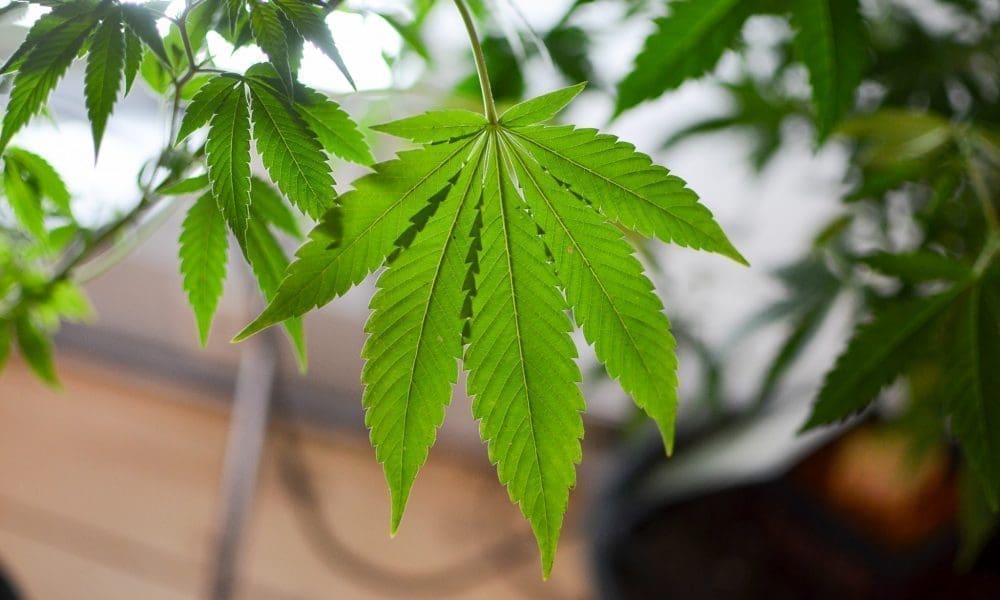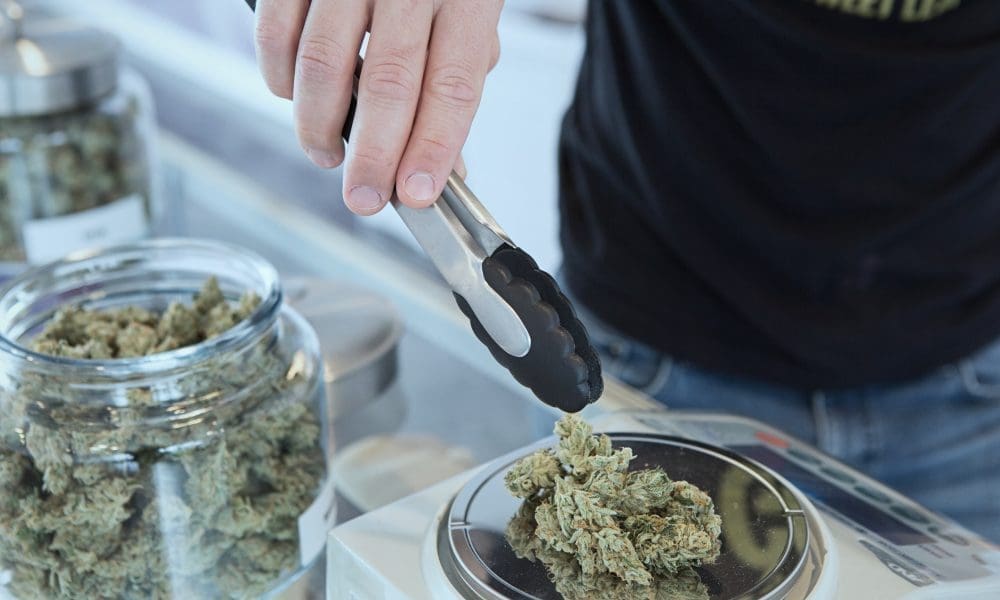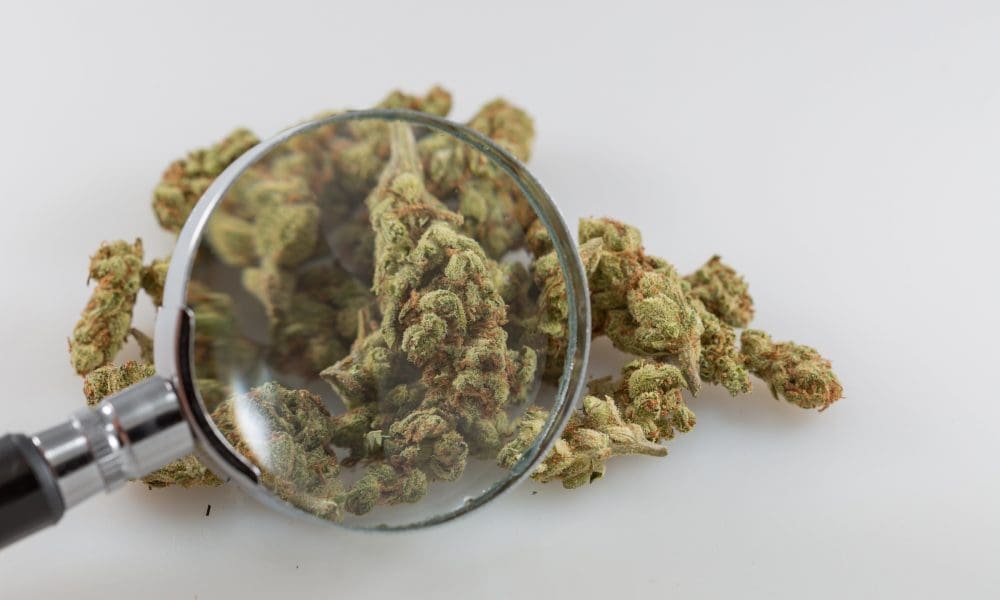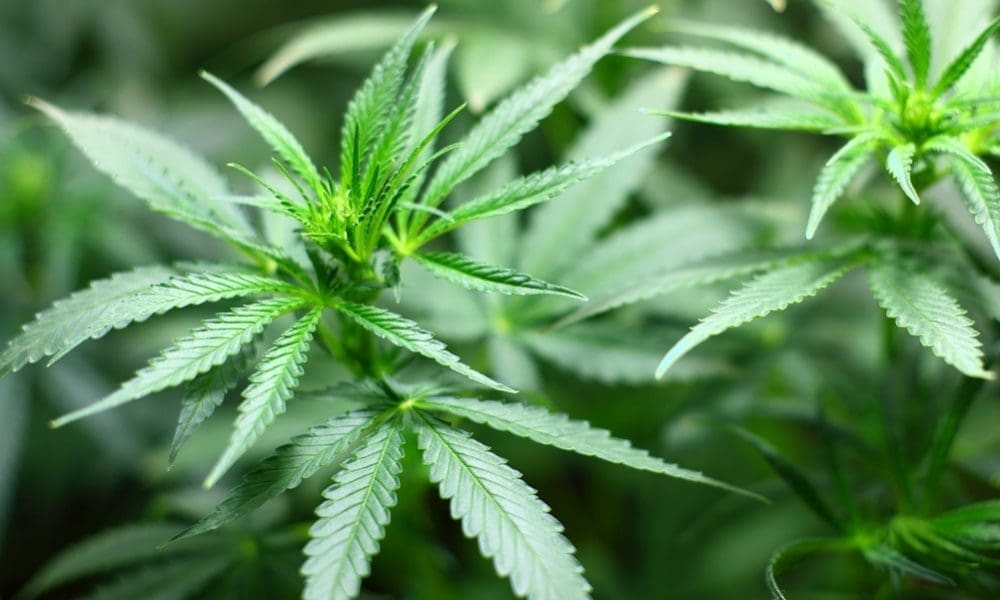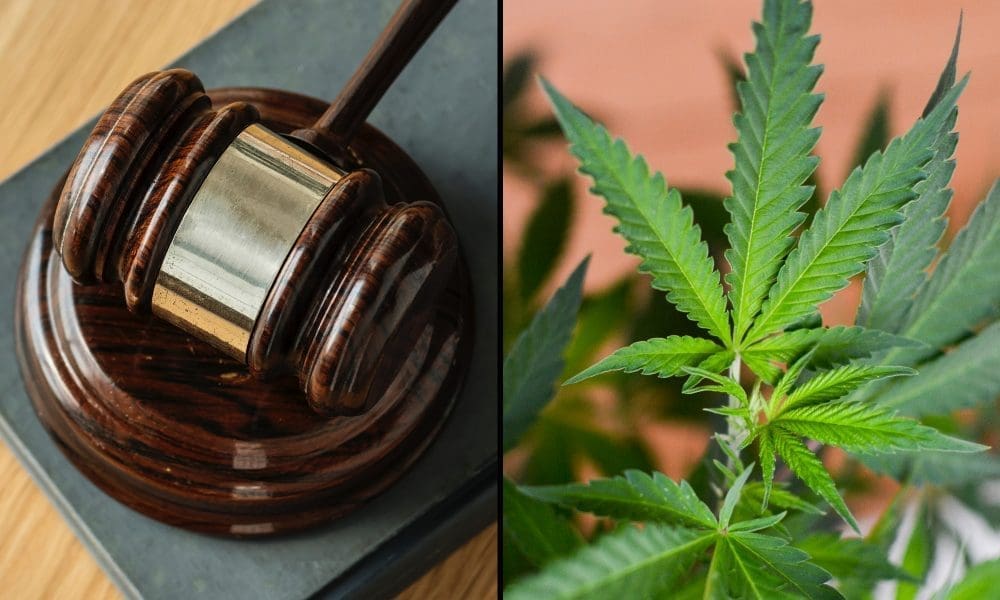
U.S. House Votes To Ban Military From Testing Recruits For Marijuana As A Condition Of Enrollment
The U.S. House of Representatives has approved a large-scale defense bill that includes a section to prevent military branches from testing recruits for marijuana as a condition of enlistment has been left intact, despite opposition from the White House. While the House Rules Committee on...

